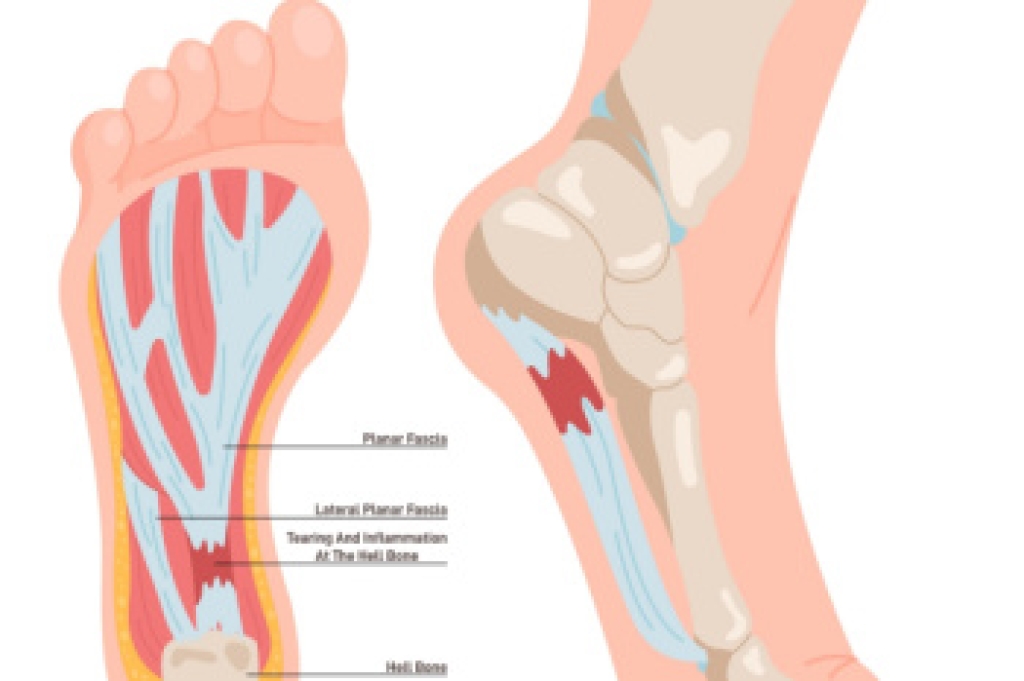
A podiatrist’s job focuses on diagnosing, treating, and preventing conditions that affect the feet and ankles. Their work ranges from caring for simple concerns like nail problems, calluses, or heel pain, to managing more complex issues such as fractures, tendon injuries, and chronic conditions that affect mobility. They examine how your feet function, evaluate symptoms, and use diagnostic tools like X-rays or ultrasounds to understand the source of discomfort. Podiatrists also play an important role in long-term health. They provide custom orthotics for support, monitor diabetic foot concerns, treat wounds, and guide patients through recovery after surgery or injury. Education is a major part of their work, helping people make better choices about footwear, activity levels, and overall foot health. When foot or ankle pain interferes with daily life or keeps returning, it is suggested that you see a podiatrist for a proper evaluation and appropriate treatment.
If you are experiencing pain in the feet or ankles, don’t join the stubborn majority refusing treatment. Feel free to contact Lawrence Fallat, DPM from Michigan. Our doctor can provide the care you need to keep you pain-free and on your feet.
What Is a Podiatrist?
Someone would seek the care of a podiatrist if they have suffered a foot injury or have common foot ailments such as heal spurs, bunions, arch problems, deformities, ingrown toenails, corns, foot and ankle problems, etc.
Podiatric Treatment
A podiatrist will treat the problematic areas of the feet, ankle or lower leg by prescribing the following:
- Physical therapy
- Drugs
- Orthotic inserts or soles
- Surgery on lower extremity fractures
A common podiatric procedure a podiatrist will use is a scanner or force plate which will allow the podiatrist to know the designs of orthotics. Patients are then told to follow a series of tasks to complete the treatment. The computer will scan the foot a see which areas show weight distribution and pressure points. The podiatrist will read the analysis and then determine which treatment plans are available.
If you have any questions, please feel free to contact our offices located in Canton and Taylor, MI . We offer the newest diagnostic and treatment technologies for all your foot care needs.




